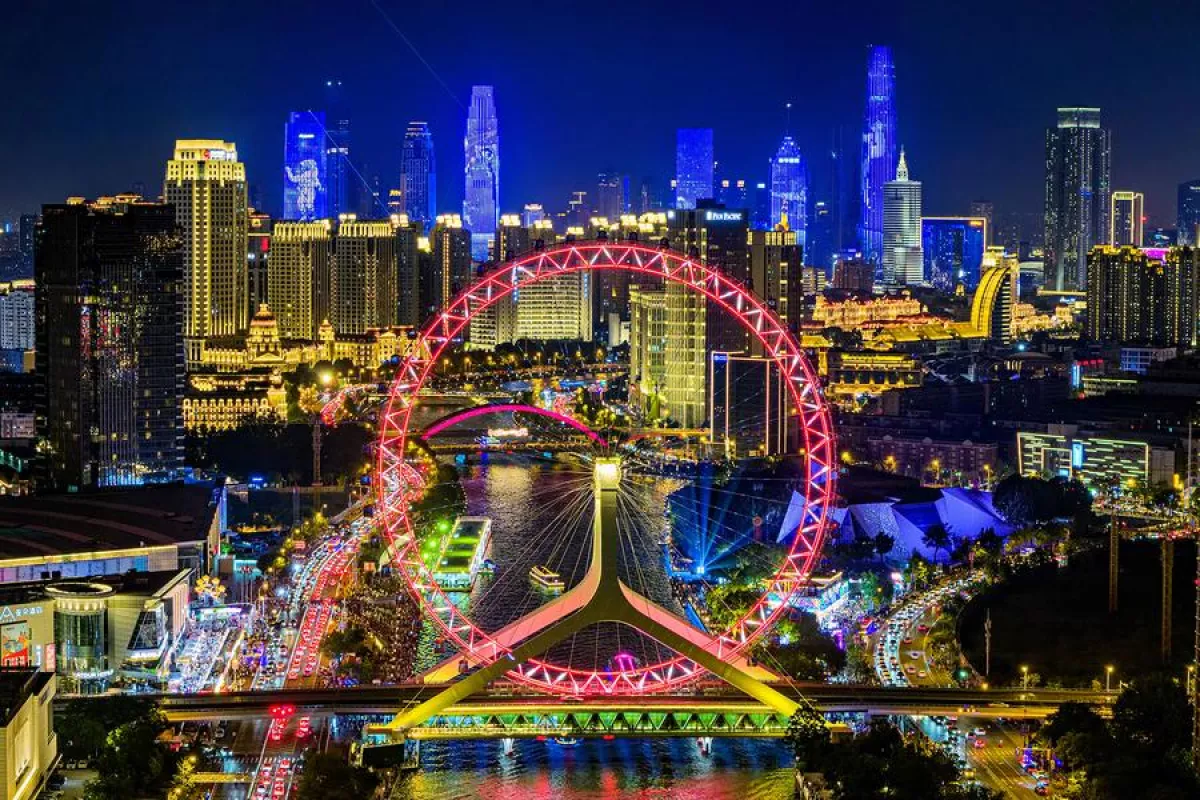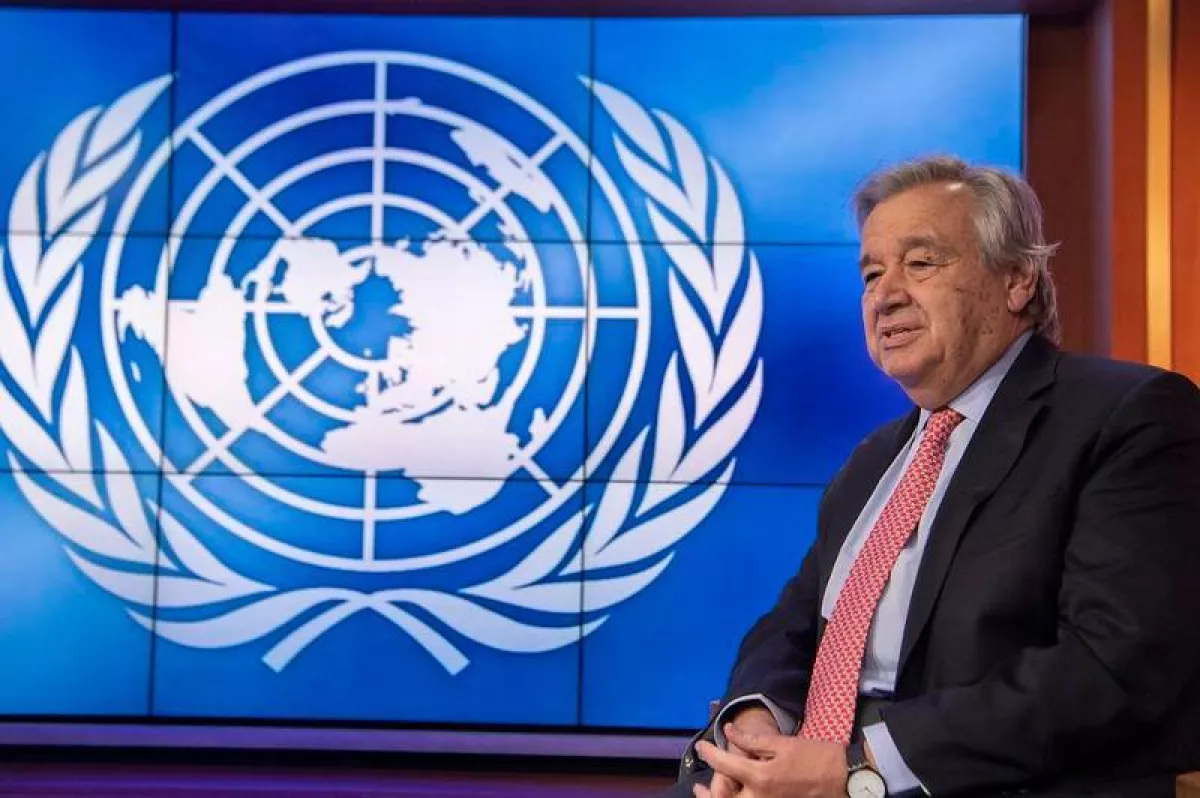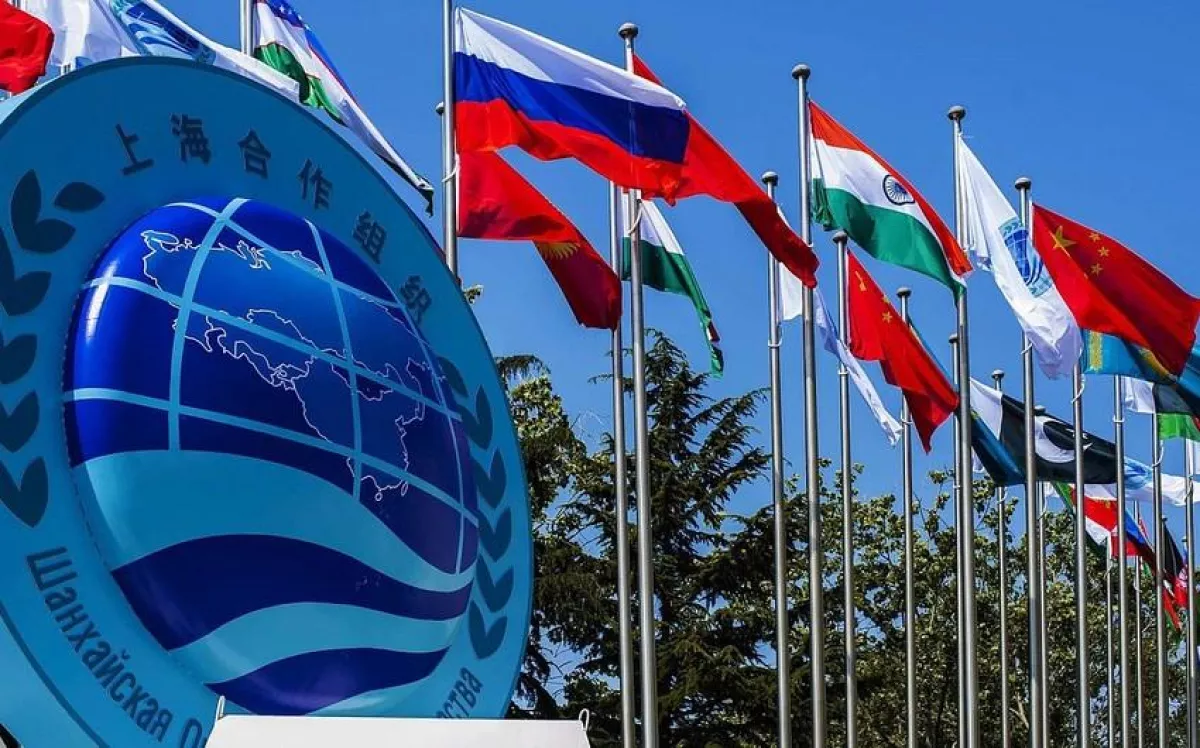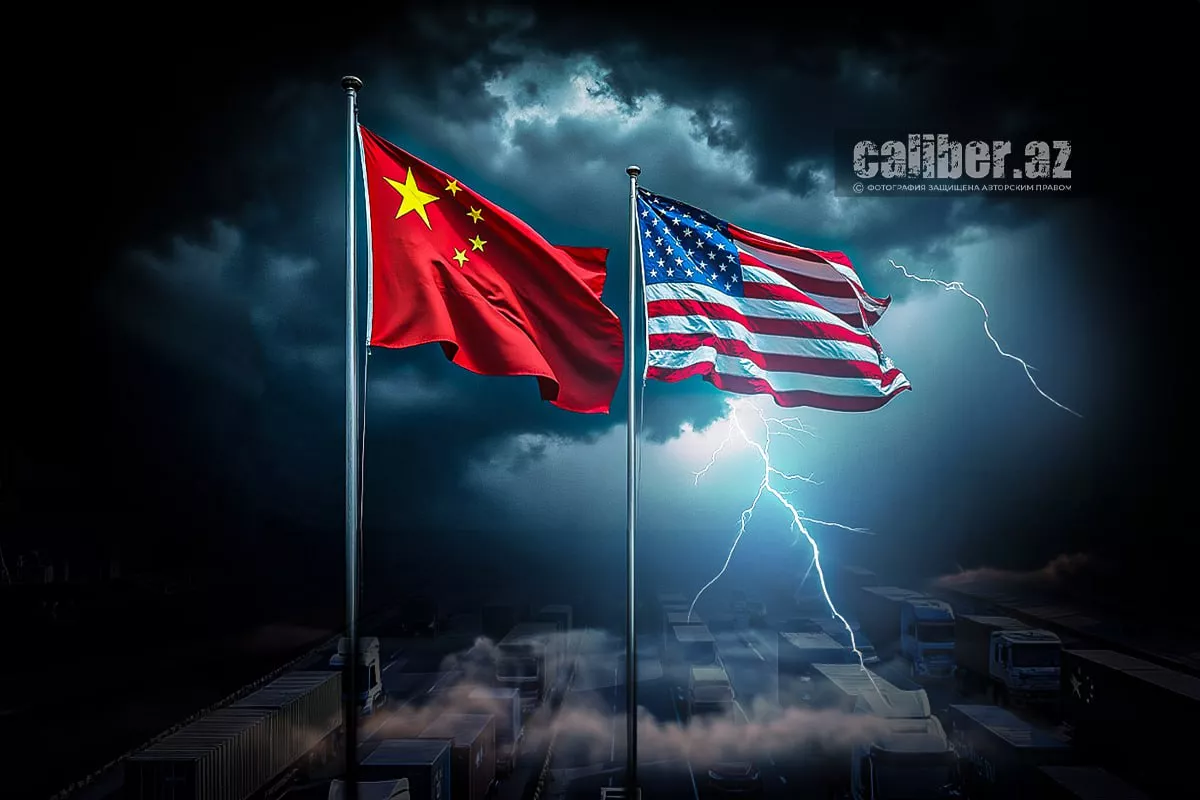SCO: A new pole of the anti-Western world? “Hearts demand change”
The recent series of summits and events held in China drew unusually heightened global attention to the Shanghai Cooperation Organisation (SCO). Lofty statements were voiced – some alarmist, others filled with hope – about the SCO transforming into a new pole of the anti-Western world. Yet such assessments rather distort the real picture of what is happening within the SCO and in the world at large.
In the early autumn days of this year, the world’s attention was, without exaggeration, focused on China. A number of high-profile events took place there one after another. First, Tianjin hosted the Shanghai Cooperation Organisation summit and a high-level meeting in the “SCO Plus” format. The latter differs from the SCO summit in that it involves not only the leaders of the organisation’s 10 member states, but also heads of states with the status of dialogue partners and observers, as well as specially invited high-ranking participants. After Tianjin, the activity shifted to Beijing, where a massive military parade was held to mark the 80th anniversary of the Victory over Japanese militarism and the end of the Second World War.
If we judge by the coverage of these events in the global media, including in the West, one could get the impression that they marked some new stage in international relations. Numerous commentators around the world have even used striking terms such as “momentous” and “historic.” For example, some have suggested that, following the Tianjin summits, the SCO is acquiring a fundamentally new status in global politics, shaping into a full-fledged anti-Western pole and marking a shift toward a qualitatively new post-Western world order.

Indeed, certain aspects of both the SCO summits and the military parade in Beijing appear impressively extraordinary. They do reflect large-scale transformational processes that have been unfolding in the international system for quite some time. However, the currently circulating grandiose assessments of these events, it seems, somewhat distort the understanding of the bigger picture and obscure several important nuances.
Reincarnation of the SCO?
First, did the SCO and “SCO Plus” summits truly mark a transformation of the organisation into something of an entirely new nature? The high-level events in Tianjin do stand out compared to most previous SCO summits, of which there have been many over the nearly quarter-century existence of the organisation. The 2025 summits stand out, at least, in several respects.
First, the sheer international attention these events received—particularly from Western media and politicians—sets them apart. In the past, SCO events were either largely ignored or not taken seriously, with the organisation itself seen merely as an amorphous discussion platform among countries that had more contradictions than shared interests. This time, however, the level of attention was such that the events in China dominated the headlines of major Western media outlets for several days. Many politicians and experts issued alarmist commentary, claiming that the SCO was seizing the global initiative and demonstrating greater unity among its members, partners, and observers than even the traditionally most consolidated Western organisations. How justified such alarmism is remains a separate question; for now, we simply note the fact.
Second, from the perspective of political messaging in the speeches of heads of state and the joint documents adopted. We will discuss the more specific content below. For now, it is worth emphasising that the Tianjin summits did indeed record a fairly consolidated critical stance by participants toward many of the foundations of the current global status quo. This broadly reflects a sentiment reminiscent of Soviet singer-songwriter and actor Viktor Tsoi’s iconic phrase: “Our hearts demand change.” The leaders attending the events see in the SCO at least some potential to bring about the desired changes. Indicatively, even UN Secretary-General António Guterres spoke enthusiastically about the importance of building a multipolar world and cited the SCO as one of the “basic conditions” for achieving this goal.

Third, the summits were marked by a positive political dynamic between China and India, two traditional regional competitors and, in many respects, even antagonists. While there is hardly any basis yet to speak of a historic breakthrough in their relations, the very presence of this positive dynamic—confirmed in Tianjin—looks significant, including for the prospects of the SCO. This is especially notable given that one of the obvious drivers of this dynamic is the policy of Washington under Donald Trump’s administration and the negative reactions it provoked from both Beijing and New Delhi. This is particularly relevant in light of the currently unfolding U.S.–India tensions, which, however, are unlikely to become systemic.
Nevertheless, can we, in view of all these factors highlighting the recent summits, say that the SCO itself has embarked on a path toward some new quality? For now, probably not.
It is worth recalling that the SCO was originally established as a mechanism for confidence-building and security cooperation between China and Russia, and for coordinating their interests in Central Asia. The Central Asian countries themselves were included in this mechanism to ensure comprehensive regional security and stability. From these objectives, one of the organisation’s main priorities emerged: combating extremism, terrorism, and separatism. Soon after, other areas of cooperation were added within the organisation: economic collaboration, as well as interaction in science, technology, healthcare, education, and culture. This thematic mix, at some point, appears to have led to a kind of identity crisis for the SCO.

It seemed that the geographic expansion of the organisation, which extended its sphere of responsibility beyond Central Asia, could have further exacerbated the identity crisis. With the accession of India and Pakistan (in 2017), Iran (in 2023), and Belarus (in 2024), as well as the growing list of dialogue partners and observers, the SCO gained new opportunities and increased overall potential—but also more internal contradictions and an even less defined identity.
Essentially, the organisation’s expansion only aligned with one of its early-stated goals: promoting initiatives to create a democratic, fair, and rational new international political and economic order. For this reason, and because the military dimension has played an important role in cooperation, the media long referred to it as an “anti-NATO.” However, previously this label appeared to be no more than a journalistic attempt at a catchy phrase.
After the Tianjin summits and the emphasis there on opposing the Western-centric world order, one might have assumed that the SCO was now truly moving toward becoming an “anti-NATO.” Yet even now, there is little basis for such a conclusion. At least for the time being, the SCO is not undergoing any structural changes that would allow it to be described not only as a real “anti-NATO,” but even as some kind of reincarnation of the organisation.
Despite all this, the SCO is unquestionably becoming an increasingly significant diplomatic platform for consultations and for expressing positions on major global issues. Consequently, it is also becoming more attractive to a growing number of countries.
An anti-Western pole?
Does the shared desire of SCO summit participants to challenge the status quo in global affairs mean that a full-fledged anti-Western pole is forming within the organisation? It is difficult to give a definitive affirmative answer to this question. Strong criticism of Western-centric realities certainly allows one to identify serious anti-Western sentiments within the SCO. However, this alone is hardly enough to classify the events in Tianjin as the birth of an anti-Western pole.
First and foremost, for a full-fledged anti-Western pole to emerge, the West itself would need to be more consolidated. But no such process is observable. On the contrary, with each passing day, there are fewer reasons to use the term “collective West” as it has been understood over the past several decades. As of today, a fully unified “collective West” no longer exists.

The issue is not just—or even primarily—about the increasingly visible contradictions between the U.S. and the EU, or within the EU itself, on the current agenda. The main factor lies in the evident divergences in several strategic priorities across the Atlantic and the growing systemic problems on the European continent. The long-term trajectory of this problem for the West has been apparent for quite some time. Moreover, the fact that the political mainstream in Europe is completely unable to address it only underscores the depth and systemic nature of the challenge facing the entire West.
Additionally, for an anti-Western pole to form within the SCO, it would be necessary for all—or at least the majority—of the countries participating in its summits to clearly see this as being in their interest. Yet this is not the case. A unified critique of the global status quo and a desire for certain systemic changes are not equivalent to bloc thinking or to an interest in forming a consolidated anti-Western political front.
Most participants in the SCO summits are seeking something different, something broader on this platform. This includes the opportunity to amplify the message that “our hearts demand change,” but without committing to rigid, bloc-style military-political obligations. It is also about being present where increasingly important and influential discussions are taking place, rather than remaining on the sidelines. There is a desire to use contacts within the organisation—sometimes selectively, sometimes on a larger scale—to advance their own economic, political, and security interests. Finally, in the current international realities, most states are rationally motivated to diversify their geostrategic options and hedge against the risks of global uncertainty. In this respect, the SCO serves as one of the natural centres of attraction for these countries.
The Shanghai Spirit – the San Francisco Spirit
Another widely circulated assessment, particularly in Western media, frames the Tianjin summits and the Beijing military parade as evidence that the SCO, as an “anti-Western coalition,” is attempting to create a new post-Western world order and establish entirely new rules for international life. As supporting evidence, commentators often point to the Global Governance Initiative put forward in Tianjin by Chinese President Xi Jinping. Along with three earlier initiatives proposed by Beijing—the Global Development Initiative, the Global Security Initiative, and the Global Civilisation Initiative—it is argued that this latest initiative continues to shape the framework for a post-Western, or even anti-Western, world order.
However, both in the documents adopted at the SCO summits and in the speeches of the heads of state, it is difficult to find concrete evidence supporting this thesis. If one reads and listens carefully, a completely different thread runs consistently through these documents and speeches. It boils down to a call to return to a UN-centric world order—in other words, to restore at the centre of global governance the mechanisms and principles enshrined in the UN Charter and, largely on its basis, in international law as it has developed.
This framing clearly contradicts the Western discourse of a “rules-based world order,” because in many parts of the world that discourse is perceived as an attempt by the West, during its period of unipolar dominance, to move away from a UN-centric order and the primacy of international law toward unilateral actions. Yet this framing is difficult to equate with an attempt to build a completely new world order. The “Shanghai Spirit,” often cited in the SCO, in Tianjin closely resembled the “San Francisco Spirit” on which the UN was founded after the Second World War.








